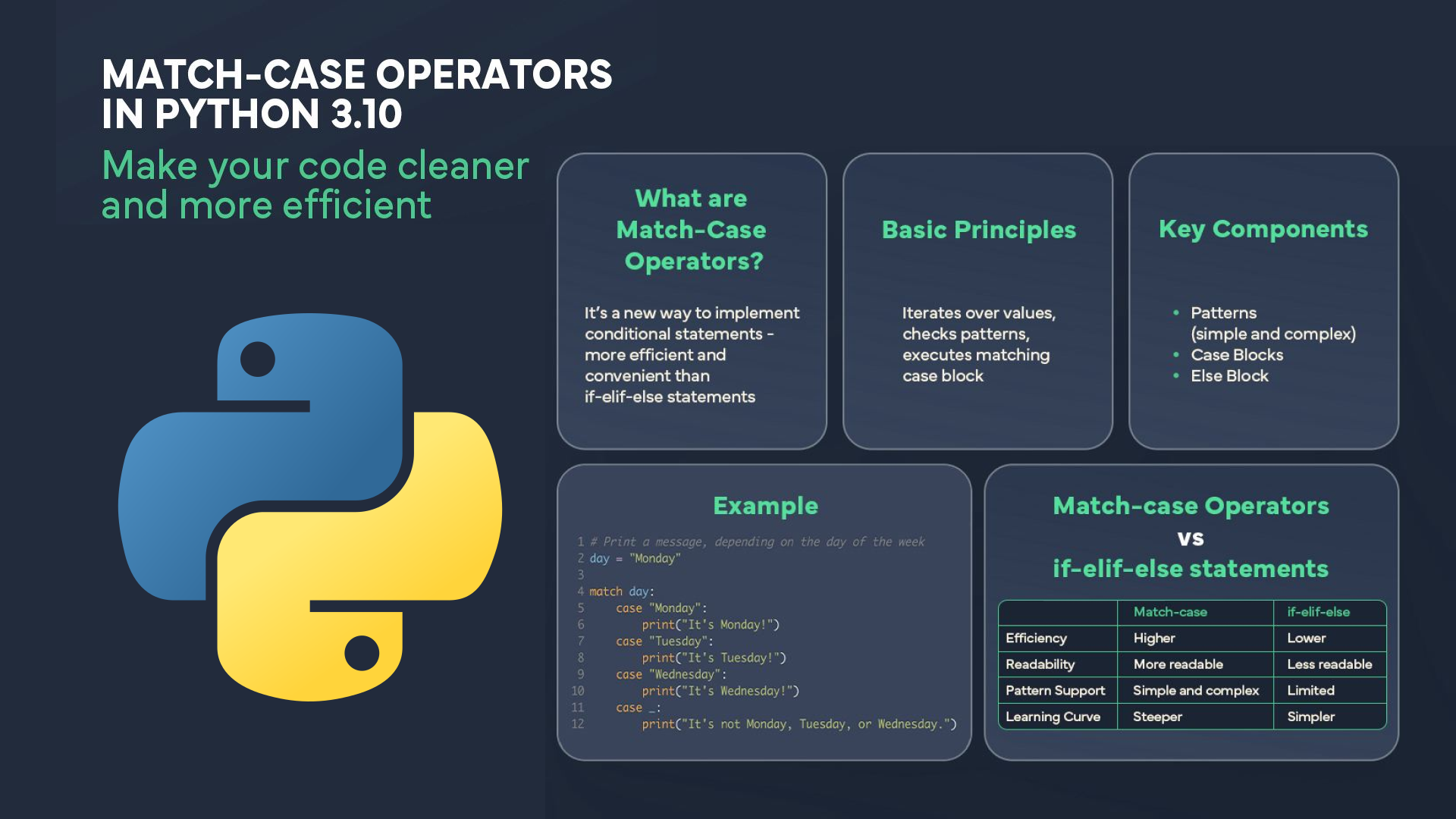Related courses
See All CoursesExploring Object-Oriented Programming in C++
Object-Oriented Programming vs Procedural Programming

In the realm of software development, the choice between object-oriented programming (OOP) and procedural programming often sparks lively debates among developers. C++, being a versatile language, allows for both paradigms. However, determining which approach is "better" can be subjective and context-dependent. In this article, we delve into the nuances of C++ OOP and procedural programming, exploring their respective strengths, weaknesses, and popularity within the developer community.
The Case for Object-Oriented Programming
Object-oriented programming, a paradigm centered around objects that encapsulate data and behavior, has gained widespread adoption since its inception. C++ was one of the pioneering languages to fully embrace OOP concepts, offering features such as classes, inheritance, polymorphism, and encapsulation.

| Modularity and Reusability | OOP fosters modular design by compartmentalizing functionality into cohesive units, facilitating code reuse and maintenance. Classes serve as blueprints for creating objects, promoting scalability and extensibility across projects. |
| Encapsulation | Encapsulation shields the internal state of objects from external interference, fostering robustness and reducing dependencies. By hiding implementation details, encapsulation promotes cleaner code and enhances system resilience. |
| Inheritance and Polymorphism | Inheritance allows classes to inherit properties and behavior from parent classes, enabling hierarchical organization and code reuse. Polymorphism, the ability to treat objects of different types uniformly, promotes flexibility and dynamic behavior. |
| Design Patterns | OOP encourages the use of design patterns as navigational aids in software architecture. Patterns such as Singleton, Factory, and Observer provide proven solutions to common design challenges, guiding developers through the turbulent waters of complex systems. |
Procedural programming
Procedural programming in C++ represents a journey into the depths of sequential execution, where code flows like a river, following a linear path of instructions. While less celebrated in contemporary discourse, procedural programming offers simplicity and efficiency, particularly in domains where performance is paramount.

-
Efficiency: Navigating the Rapids of Performance: In performance-critical applications, procedural programming can offer efficiency gains by minimizing overhead associated with OOP constructs. Direct access to memory and streamlined execution paths contribute to optimized performance in resource-constrained environments.
-
Legacy Code Compatibility: Anchoring in the Past: Many existing codebases and systems are built on procedural paradigms, especially in industries with conservative software practices. Understanding procedural programming in C++ enables developers to navigate and integrate with legacy systems seamlessly.
Procedural programming promotes straightforward code organization, making it easier for developers to understand and maintain. By adhering to a linear flow of instructions, procedural code emphasizes clarity and simplicity.
Start Learning Coding today and boost your Career Potential

Conclusion
In conclusion, the debate between C++ object-oriented programming and procedural programming is not a binary choice but rather a spectrum of possibilities shaped by context, constraints, and craftsmanship. While OOP offers a structured approach to software design, procedural programming provides simplicity and efficiency in performance-critical scenarios.
In the ever-changing landscape of software development, mastering both paradigms equips C++ developers with the navigational skills needed to navigate diverse challenges effectively. Whether sailing through the archipelago of objects or flowing along the stream of instructions, the journey of C++ programming is defined by adaptability, ingenuity, and the relentless pursuit of excellence in code craftsmanship.
FAQs
Q: What is C++ Object-Oriented Programming (OOP)?
A: C++ Object-Oriented Programming (OOP) is a programming paradigm centered around the concept of objects, which encapsulate data and behavior. It emphasizes concepts such as classes, inheritance, polymorphism, and encapsulation to facilitate modular and reusable code design.
Q: What are the advantages of C++ Object-Oriented Programming?
A: C++ Object-Oriented Programming offers several advantages, including modularity and reusability, encapsulation for data protection, inheritance for code reuse, polymorphism for dynamic behavior, and support for design patterns to solve common software design problems efficiently.
Q: What is C++ Procedural Programming?
A: C++ Procedural Programming is a programming paradigm that emphasizes a linear, step-by-step approach to writing code. It focuses on procedures or functions that perform specific tasks, often without organizing data and behavior into objects. It is characterized by its simplicity and efficiency in executing sequential instructions.
Q: What are the advantages of C++ Procedural Programming?
A: C++ Procedural Programming offers simplicity in code organization, efficiency in execution, direct memory access for performance optimization, and compatibility with legacy codebases and systems built on procedural paradigms.
Q: When should I use C++ Object-Oriented Programming?
A: C++ Object-Oriented Programming is well-suited for projects that require modular design, code reuse, extensibility, and dynamic behavior. It is particularly useful for large-scale applications, systems with evolving requirements, and projects where collaboration and maintainability are essential.
Q: When should I use C++ Procedural Programming?
A: C++ Procedural Programming is suitable for projects that prioritize simplicity, performance, and direct control over system resources. It is commonly used in performance-critical applications, embedded systems, and scenarios where the codebase is relatively small and straightforward.
Q: What factors influence the choice between C++ Object-Oriented Programming and Procedural Programming?
A: Several factors influence the choice between C++ Object-Oriented Programming and Procedural Programming, including project requirements, performance considerations, industry trends, developer expertise, and the nature of the problem domain. The decision often involves weighing the trade-offs between modularity, efficiency, and code simplicity.
Related courses
See All CoursesThe SOLID Principles in Software Development
The SOLID Principles Overview
by Anastasiia Tsurkan
Backend Developer
Nov, 2023・8 min read

30 Python Project Ideas for Beginners
Python Project Ideas
by Anastasiia Tsurkan
Backend Developer
Sep, 2024・14 min read

Match-case Operators in Python
Match-case Operators vs if-elif-else statements
by Oleh Lohvyn
Backend Developer
Dec, 2023・6 min read

Content of this article